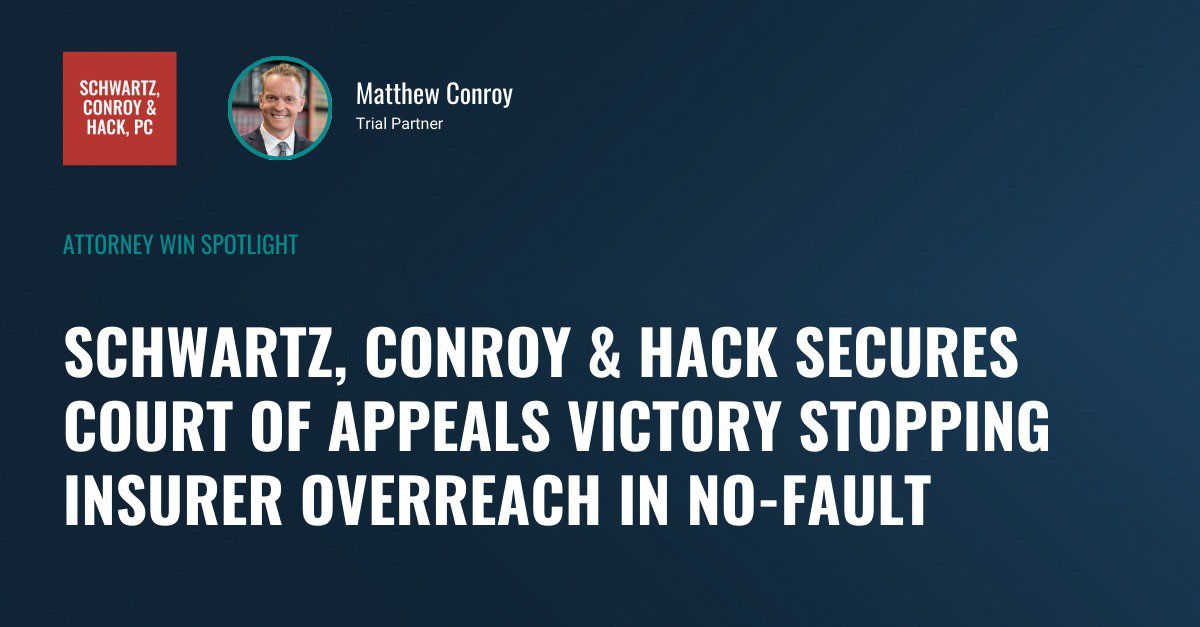Employees are increasingly bringing lawsuits against their employers alleging unlawful workplace practices, such as discrimination, harassment, wrongful termination or retaliation. The Equal Employment Opportunity Commission (EEOC) filed twice as many merit lawsuits against employers in FY 2023 versus the previous year. The increase in employment litigation comes amid an ongoing trend of new legislation and case law expanding workplace protections for employees both on the state and federal levels. As any company with employees can face a lawsuit, it is advisable that employers carefully weigh the pros and cons of purchasing an employment practices liability insurance (EPLI) policy.
What Does an EPLI Policy Cover?
An EPLI policy, which may be a standalone policy or an endorsement on a business owner’s policy, protects employers against a broad range of claims brought by employees, former employees or job applicants for alleged unlawful conduct in connection with the employment relationship. These claims generally include sexual harassment, discrimination, wrongful termination, failure to employ or promote, defamation, including libel and slander, and wrongful infliction of emotional distress, among others.
EPLI, which typically protects the company, along with its owners and managers, typically covers the cost to defend lawsuits, as well as any settlements and judgments, up to the policy limit for covered claims. Some EPLI policies also cover work-related discrimination or harassment claims brought by non-employees, such as vendors, business partners and customers. As EPLI policies vary widely, it is important to understand what your policy does and does not cover.
What Does EPLI Commonly Exclude?
Like all types of insurance, EPLI policies have exclusions. Notably, EPLI typically excludes or provides limited coverage for wage-and-hour claims, which are claims related to overtime, minimum wage and related violations. Claims involving employee misclassification, whether as exempt versus non-exempt, or as independent contractors versus employees, are generally also excluded. EPLI typically does not cover claims involving bodily injury, criminal or fraudulent acts. It also usually does not cover disputes involving employment contracts, unless they are related to harassment or discrimination. Finally, these policies typically do not cover punitive damages or civil or criminal fines.
How Does EPLI Interplay with Other Types of Business Insurance?
Some businesses have multiple types of liability insurance, which may include commercial general liability (CGL), workers’ compensation, directors and officers (D&O), and errors and omissions (E&O) insurance policies. It is important to understand how these policies differ from each other. CGL policies typically cover claims of bodily injury, property damage, and sometimes advertising injury brought not by employees, but by third parties. On-the-job injuries to employees are covered under workers’ compensation insurance. D&O policies typically provide insurance for the negligent acts, omissions or statements made by a company’s directors and officers that result in claims against the company. D&O policies provide some protections for the company itself, in addition to covering the cost to indemnify directors and officers for certain conduct. Finally, E&O insurance generally covers claims brought by clients alleging negligent actions stemming from professional services.
What Factors Impact the Cost of EPLI?
The cost of EPLI coverage depends on many factors, including your industry, number of employees, jurisdiction, HR practices, and claims history. Naturally, the higher the limit, the higher the premium. Typically, EPLI policies will include a deductible, which may be tens of thousands of dollars. You will be responsible for meeting the deductible before the insurance company starts covering your losses. Keep in mind that many employment-related lawsuits settle in the $25,000 to $100,000 range. If your deductible is very high, you may wind up paying the entire cost of defending a claim.
What Industries Are at High Risk for Employment Claims?
Employment lawsuits can arise in any industry, but certain sectors are more vulnerable than others due to dynamics such as high turnover rates, competitive work environments or demographic factors. Retail, hospitality, professional services and healthcare are among the industries with elevated risks for employment-related lawsuits.
Employers need to assess their risks and the costs of EPLI to decide if it makes sense for them to take out a policy. EPLI is especially important for employers with a large team or who operate in higher-risk industries. When selecting EPLI, it is important to work with a sophisticated insurance broker who understands your business, your industry and your risks, and who can tailor the best products to fit your needs and budget.
If you are involved in a dispute with your business insurance company, contact Schwartz, Conroy and Hack PC for assistance. We have the expertise and tenacity to make insurance companies keep the promises they make to you and your business.

